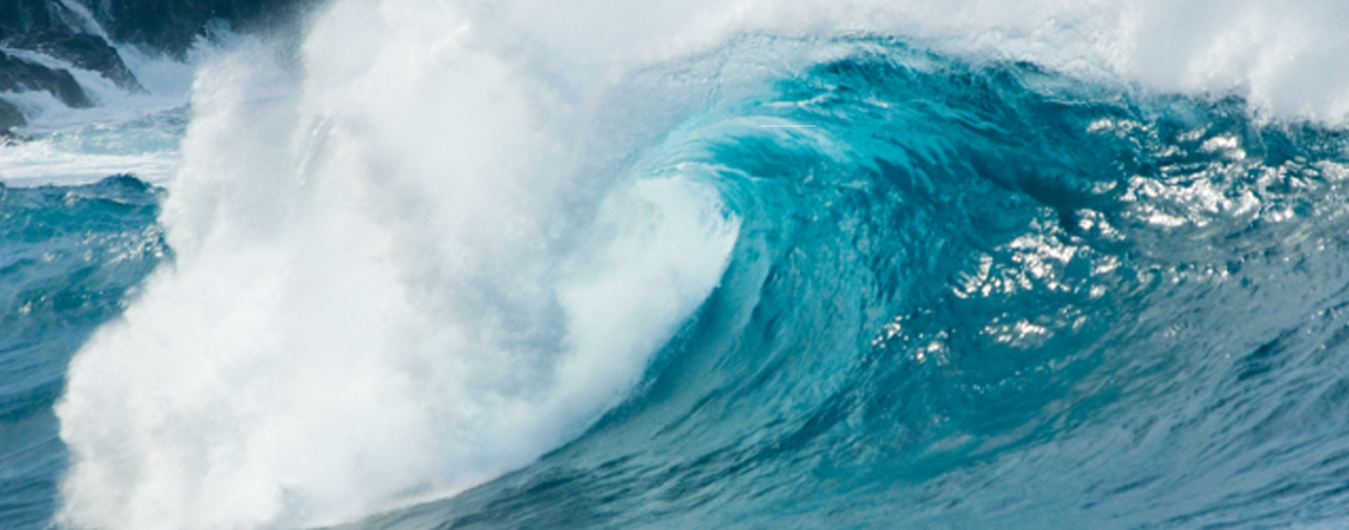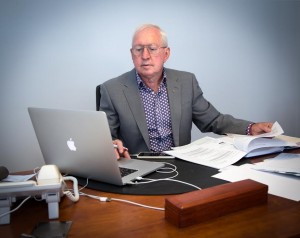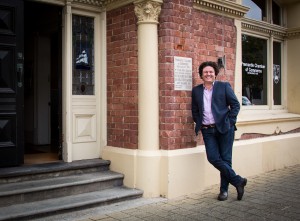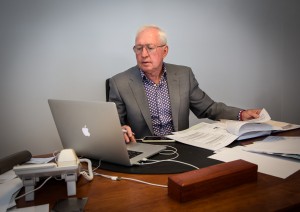The World Renewable Energy Congress 2017 (WREC) will be held at Murdoch University on Feb 5-9th 2017. It will be sharing ideas and presenting the latest research findings and discussions on new renewable energy science and technology. WREC will bring together representatives of those involved in the supply, distribution, consumption and development of sustainable energy sources. It will also enable policy makers, researchers, manufacturers, economists, financiers, sociologists, environmentalists and others to present their views in plenary and technical sessions and to participate in formal and informal discussions.
Garry Baverstock AM representing ‘Innovate Australia’ is an invited speaker and the title of his talk is “The Role of Thermal Storage as a Precursor to Battery Storage”. Garry’s talk is based on the use of thermal inertia in buildings and systems using water and using the heavy weight materials in buildings as a natural thermal energy storage mechanism. Garry states that in Western Australia, the cost per kWh for batteries is 2 – 3 times or more than the off peak rate charged at present. He poses the question, “What if energy storage cost nothing?”. He goes on to say “By using thermal energy in buildings and in hot water tanks at night PV power collected in daylight hours can be used over 24 hours.
One can think of the grid like a large storage system but there are emissions associated with it as well as the cost of generation. Thermal inertia of buildings is not just for passive storage. It can also be used to store PV driven heat pumped or resistance generated thermal energy. Similarly, “the excellent thermal inertia properties of water can be used”.
Solar E
Garry’s company, Solar E’s recent PV innovations, utilise thermal energy storage. The economics of limiting battery storage to the operation of general power and lights at night will have large consumer benefits and to the environment. He concludes by saying, “There are many other ways in which ‘mass-linking’ can occur. It just needs some lateral thinking, good engineering and a spirit of innovation”.
For nearly 20 years Solar E has been providing innovation ideas and recommended paradigm shifts in the design and use of thermal energy, especially in hot water systems and air conditioning while providing opportunities and projects for scientists and sustainable energy students at Curtin University to obtain Masters and Doctorate degrees. Baverstock and colleagues’ PV innovations in WA utilise thermal energy storage. Garry feels the economics of limiting battery storage to the operation of general power and lights at night will have large consumer benefits and to the environment and as such, his talk at WREC will be a welcome addition to the invited experts who will speak on the future of sustainable energy sources.
Photo Credits: Nick Melidonis, www.nickmelidonis.com








